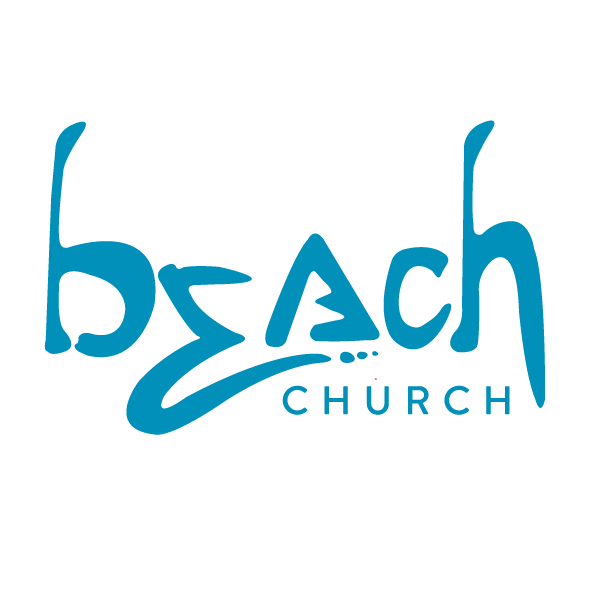FREQUENTLY ASKED QUESTIONS
What is the 21 Day Fast?
The 21 Day Fast is a chance for us to start the New Year with our eyes on Jesus. We’re believing that God will empower, encourage, and equip us through this fast.
When is the 21 Day Fast?
January 8th - January 29th | We will then come together and break our fast through communion at a special Worship Night on Thursday, January 29th. Join us online here or on campus at 325 7th Ave N.
What does it mean to fast and how do I do it?
Fasting is a willful refraining from eating, and can be an opportunity to grow closer to Jesus. Check out our Fasting Guide here for details on different fasts and how to get started.
How can I find strength during the 21 Day Fast?
While it may be difficult, this fast isn’t meant to be done alone — it’s meant to be rooted in community. And, as our community embarks on this fasting journey, we pray that the Holy Spirit meets us as we pursue this meaningful discipline together.
How should I begin and break my fast?
Depending on the type of fast you choose, it is very important to prepare your body ahead of time before beginning the fast. Take a week or so to transition into your fast; otherwise, you could get sick. For example, if you would like to go on a fruits and vegetables or juice fast, start eliminating meat, white grains, and refined sugars from your diet the week before. Also start to cut back quite a bit on dairy products and some of your caffeine intake.
The same principle applies to breaking your fast. When your fast is over, add foods back in very gradually. Please don’t break your fast with a greasy cheeseburger! Because your body is so cleansed and detoxified, you will most likely get sick if you do that. There are also several supplements you can take that will help support the detox process during your fast. Your health food store can give you recommendations.
What other fasting tips should I be aware of?
To keep your energy up throughout the day, it’s important to eat or drink every two and a half to three hours. If you go longer than that, you can experience an energy lull and be tempted to overstuff yourself at your next meal. Even if you’re fasting on fruits and vegetables, overstuffing is never a smart thing to do. It is very important to drink lots of water while fasting. Drinking about one hundred ounces of water per day will help to support your critical liver function. The liver is the filter for the body, so when you don’t drink enough water, the liver doesn’t function at its highest capacity.
Plan your eating for the next day before you go to bed. Having a clear plan is the best way to avoid temptation. Make it a priority to attend church and Life Group during your 21 Day Fast. Being around other believers will encourage you to keep on going when fasting gets difficult.
What happens if I mess up during the fast?
If you mess up, don’t get discouraged. Just get right back on track and keep going. God’s mercies “are new every morning” (Lamentations 3:22–23). He wants you to finish, and He will give you the grace and strength to do it. God be with you as you begin your awakening adventure!
What if I’m nursing or pregnant? Should I fast?
Strict fasting while pregnant or nursing is also not recommended. If you are in this incredible season of life but would like to participate in the twenty-one-day plan, here are some great options for you to consider — with the approval of your physician:
+ Modified Daniel fast including whole grains, legumes, whey protein, calcium, and iron supplements
+ Fasting sweets and deserts
+ Fasting red meats
+ Fasting certain diversions (TV shows, movies, social media, video games, and so on)
If you are a pregnant or nursing mother, your priority is the health and development of the baby God has entrusted you with. Make that your guideline and go from there. And please consult your doctor.
What if I’ve struggled or am struggling with an eating disorder? Should I fast?
If you have struggled with an eating disorder, this situation is a battle of the mind you can win through Christ (Philippians 4:13).
Remember, fasting is a tool used to get closer to God, and it actually should keep us from being preoccupied with food. If your method of fasting is going to cause you to obsess about what you eat in any way, you will need to change either your approach or your mind-set.
If giving up food is a stumbling block to you, then consider fasting of television, reading (other than the Bible, of course), social media, or shopping. There are many distractions and ways that we use to stay in control that we could eliminate from our daily routine. We do these things to distract ourselves from the real issues hurting us. If you can identify such other things, maybe you can give those up instead of food.
Remember that you are covered by God’s grace. God will show you what to do.
